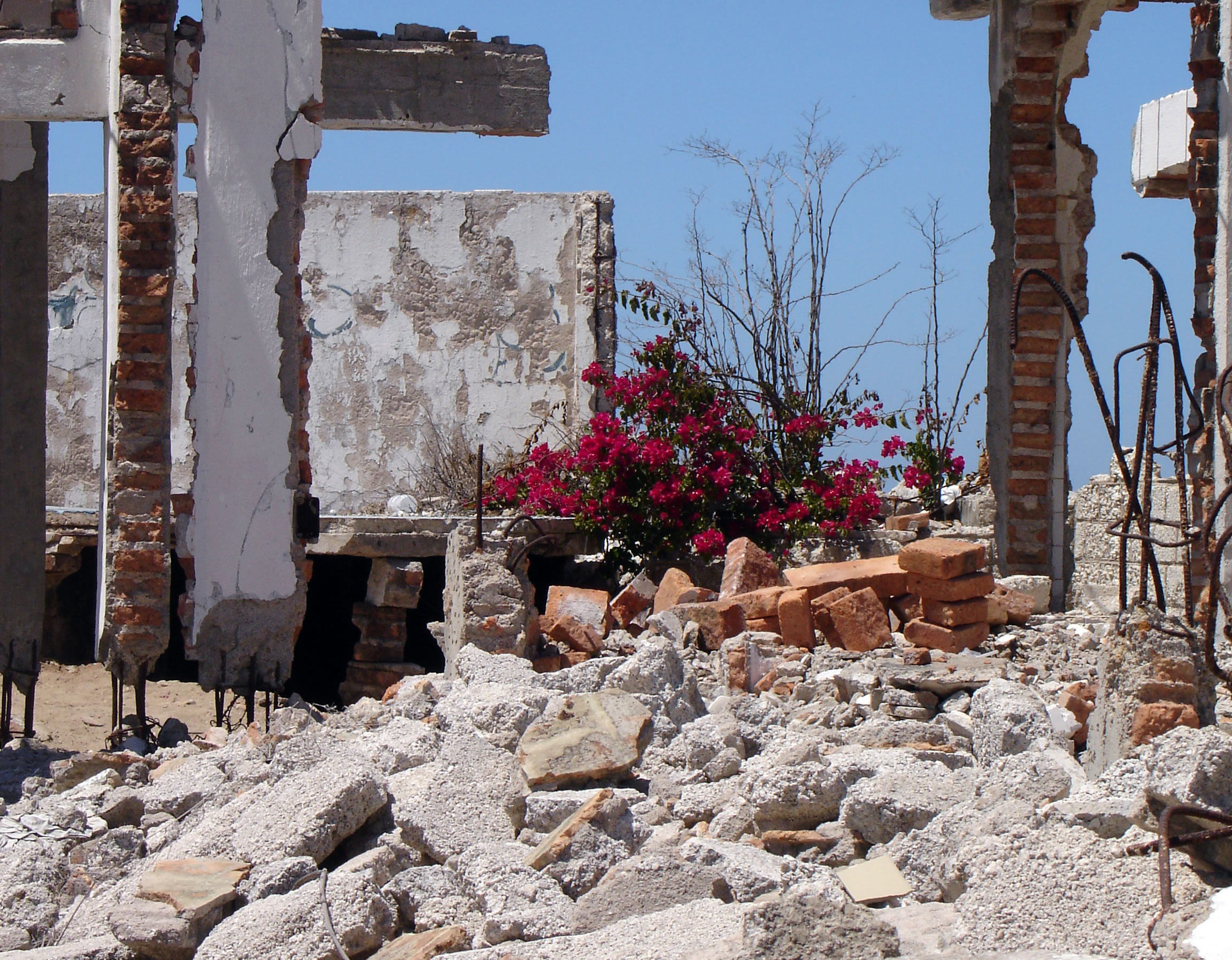The world faces many urgent problems today, from the Covid-19 pandemic to the rise of pro-fascist, authoritarian and ethno-nationalist politics, pitting communities against one another within and across societies, and leading to disastrous social and economic consequences. Around the globe, middle class people feel overwhelmed and exhausted, afraid to read the news, which continues to shock and awe, while minority communities face grave risks to their lives and livelihoods. Thousands of people are now taking to the streets to protest social injustices, putting their health (and that of others) at risk because Covid-19 remains a danger. Thus, the United Nations has warned of a global mental health crisis due to Covid-19, ‘as millions of people worldwide are surrounded by death and disease and forced into isolation, poverty and anxiety.’
Against this backdrop, one concept keeps coming up again and again: resilience. Resilience is the ability of a system, like a person, to stay in a positive functional state rather than deteriorate into a less functional state, in the face of external threats or challenges. But it is often seen as a kind of mental, emotional or physical booster shot that keeps one going through hard times. Resilience is heralded as relevant to every challenge faced globally today, whether political, biological or educational in nature. According to the American Civil Liberties Union (ACLU), LGBTQ ‘Pride 2020 is about resilience, and we are resilient together.’ Psychology Today recently advertised ‘10 ways to lower cytokines (thrive) and survive COVID-19’: ‘threat overwhelms our immune system. The key is to thrive regardless.’ Black Lives Matter protestors have recently been praised for their ‘beauty and resilience’ by Human Rights Campaign. Whether it is Covid grieving or the challenges of studying under Covid-19, Facebook Chief Operating Officer, Sheryl Sandberg and Adam Grant’s 2017 book Option B: Facing Adversity, Building Resilience and Finding Joy features article after article, encouraging people to worry less about what they cannot control, and instead work on cultivating resilience.
Perhaps it is wise to take advice where one can get it these days? Surely developing resilience is better than doing nothing? So what do these articles recommend? Among the more tangible advice is to sleep, write a diary and exercise. This is not bad advice. Yet it stops short of the mark because it doesn’t really solve any of the problems. It is just a way of coping with them – and perhaps thereby accepting them. So learning resilience only seems to aim to ameliorate the little symptoms of big problems. But it does not always do that effectively either. Sometimes, resilience talk amounts to nothing more than asking people to accept the status quo, in order to maintain a Stoic facade. The real problem is that a Stoic facade doesn’t do much to remedy social injustices.
Similarly, resilience is often said to lead to greater academic success, particularly for disadvantaged young people. However, as I argue in my new book, Beyond Virtue: The Politics of Educating Emotions (Cambridge University Press, forthcoming), independent research (i.e., research done by academics not sponsored by corporate resiliency training programmes) is not very convincing about the benefits of cultivating resilience as a skill or disposition that leads to long-term positive youth outcomes. Encouraging young people to be (or act) resilient in schools leads them to express more positive attitudes and complain less. But it doesn’t result in better academic achievement or mental health. Furthermore, when it is acknowledged that poverty and other personal factors play a greater role in achievement than students’ attitudes and dispositions, it is disingenuous to suggest that inequality can be tackled by students ‘self-disputing’ their problems, as resilience experts recommend – by, in effect, turning away from very real issues they face.
Sometimes, the cultivation of resilience is harmful, not helpful, when it comes to dealing with issues of inequity in society such as supporting students who are facing racism and other forms of structural disadvantage. Ebony McGee and David Stovall (2015) found that, in resilience interventions, so-called ‘resilient students’ produced more stress hormones such that they could ‘compromise their mental and physical well-being by being resilient, where the cumulative burden of lifetime adversities actually predicts mental health symptoms.’ Elsewhere, they note that ‘emotional and psychological trauma that African Americans experience in navigating white spaces and their structural foundations is underacknowledged’ in such approaches, as they ‘have yet to respond to racial stereotypes, insults, and assaults that are commonplace in this racially stratified society, which can hamper black students’ options for working strenuously toward challenges and maintaining effort despite adversity.’ It seems that students are learning to grin and bear it – to their detriment. This is hardly a just solution to social inequity.
In other cases, the cultivation of resilience isn’t even intended to help students. In 2019, the Ontario Education Minister Lisa Thompson defended a cut to the number of teachers and an increase in class sizes (from 22 to 28 students per class) across secondary schools in the province on the basis that doing so would bolster student resilience, ‘preparing them for the reality of post-secondary [education] as well as the world of work.’ She was using resilience discourse to rationalise making an unsustainable educational environment even less so. This seems like a blatant abuse of the concept.
Resilience may be useful as a coping strategy in the face of new threats or challenges. But social and educational leaders should not imagine that it is a cure-all for the challenges young people, in particular, face, which aren’t a matter of pessimism versus optimism, or hope versus fear. Sometimes fear and pessimism are justified responses to problems that demand more than a Stoic facade. Calls for resilience should not distract us from concrete systemic responses to social injustice, in education or elsewhere.




